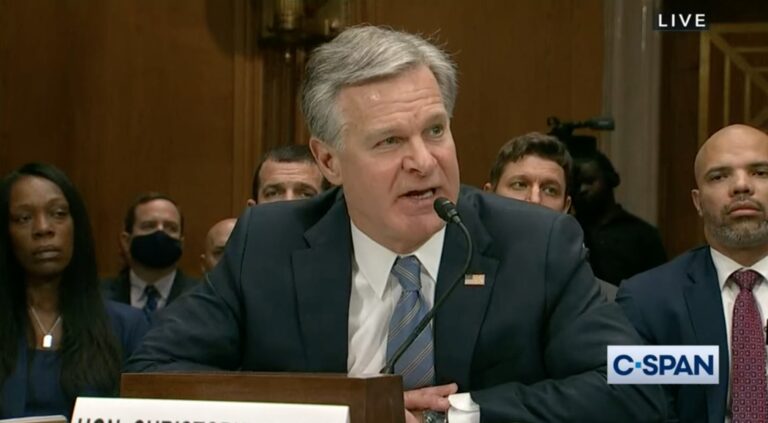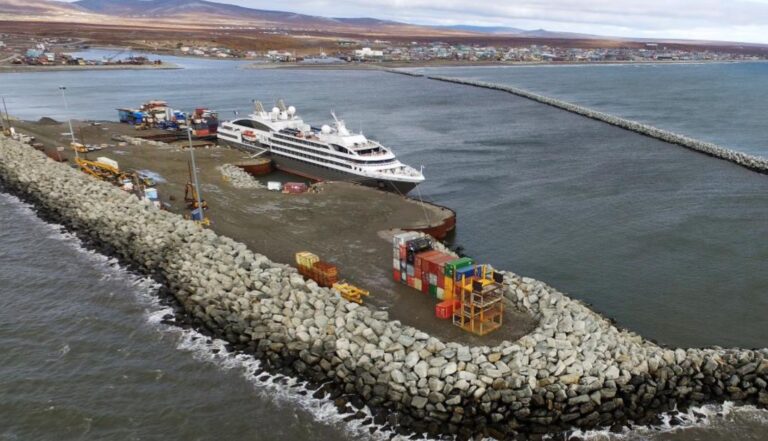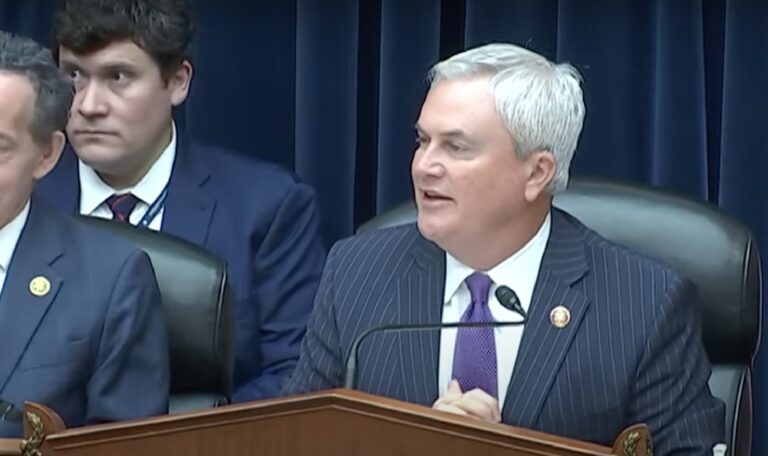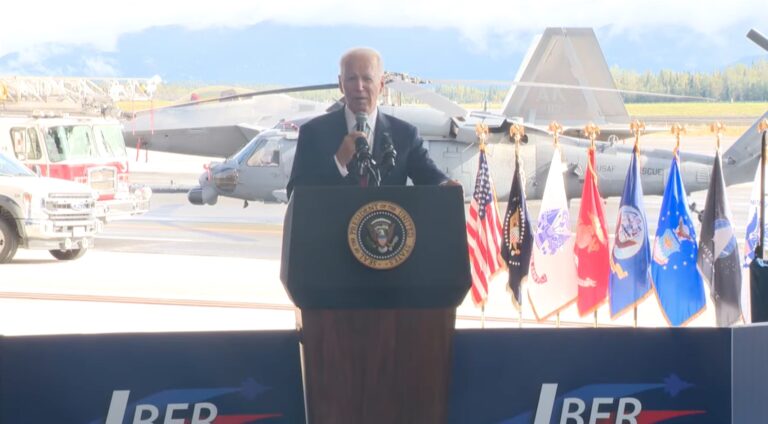By PHILIP WEGMANN | REAL CLEAR WIRE
Republican governors are quietly leaning on one of their former colleagues while pressing the NCAA to bar biological men and women from competing against one another. It is the latest in an ongoing debate over transgender athletes in women’s sports.
Led by South Dakota Gov. Kristi Noem, nine states brought their case directly to NCAA President Charlie Baker, warning the former Republican Massachusetts governor that, without a change in rules, “truly remarkable female athletes” were at risk of being dominated by “average male athletes.”
According to sources familiar with those discussions, Baker in turn referred the governors to a body called the Committee on Competitive Safeguards and Medical Aspects of Sports.
“The NCAA has the chance to guarantee an environment where female college athletes can thrive without the concern of inequities. We trust that you also want to guarantee just such an environment,” the governors wrote that body in a letter obtained first by RealClearPolitics.
Arguments over including transgender athletes in women’s sports have divided the country in recent years, and the issue has become something of a litmus test for the candidates now running for the Republican presidential nomination.
“In Florida, girls are going to play girls sports and boys are going to play boys sports,” Gov. Ron DeSantis, said in 2021 while signing a bill mandating that policy. On the campaign trail, meanwhile, former South Carolina Gov. Nikki Haley has called keeping biological boys out of girls spaces “the women’s issue of our time.” For his part, former President Trump has vowed to “defeat the cult of gender ideology.”
Eighteen states have passed laws banning transgender athletes from participating in female school sports, and earlier this year, a federal judge ruled that West Virginia’s ban was constitutional and could remain in place.
The Biden administration has proposed federal rules that would allow schools to place limits on transgender students competing on teams that do not match their biological sex. The proposed rules would, however, bar schools from enacting across-the-board bans on trans athletes. According to the governors, this has left the states as “the last line of defense for protecting fairness in women’s and girls’ sports.”
According to a source familiar with the drafting of the letter, Baker was “very gracious” and “highly cooperative” even as Republicans lean on the organization that he now leads to update their rules.
The letter follows a call that Noem made two years ago to build a “coalition to defend fairness in women’s sports.” That bloc is now emerging. Eight governors co-signed the letter to the NCAA: Sarah Sanders of Arkansas, Mike Parsons of Missouri, Greg Gianforte of Montana, Joe Lombardo of Nevada, Kevin Stitt of Oklahoma, Gregg Abbott of Texas, and Mark Gordon of Wyoming. Notably, Mississippi Gov. Tate Reeves, chairman of the Republican Governors Association’s policy arm, which represents the 26 states with GOP executives, also co-signed the letter to the NCAA.
The NCAA has adopted a sport-by-sport approach, which the governors oppose. Proponents note that this policy brings the NCAA in line with their counterparts on both the U.S. and international Olympic committees.
“But this policy allows the NCAA to avoid responsibility for ensuring the fairness of collegiate sports – therefore it must be changed,” the GOP governors wrote in their letter.
The governors pointed to “fundamental” differences between men and women, arguing that “biological men are generally taller, faster, stronger, and have more testosterone than biological women,” which when they compete against one another “puts women, through no fault of their own, at a disadvantage.”
Exhibit A for the Republican governors is Riley Gaines, the former Kentucky swimmer who set Southeastern Conference records before finishing in a dead heat with transgender swimmer Lia Thomas of the University of Pennsylvania in 200-yard NCAA freestyle championship in 2022.
“Traditionally, when two swimmers tie, they both stand on top of the podium – but Riley was told that the trophy was going to be given to Lia. When Riley asked why she couldn’t stand for photos with the first-place trophy that she rightfully earned, she was given a series of non-answers that boiled down to ‘we just have to give it to Lia,’” the governors wrote.
“The decade of hard work and the countless hours spent in the pool were suddenly wasted. Riley’s lifetime of achievement was ripped away from her by someone who shouldn’t have even been in the race—all for a photo op,” they continued.
During testimony before the Senate Judiciary Committee earlier this month, Baker distanced himself from the rules that allowed Lia to compete against Gaines, noting that the controversy predated his time as head of the NCAA.
“As I said before, the rules around transgender athletes generally are more restrictive today than they were in 2022,” Baker told lawmakers. “And I can state pretty clearly that no one’s going to get forced into any sort of situation that’s going to make them uncomfortable.”
That testimony has not assuaged the fears of the coalition of governors led by Noem.
“The NCAA has the opportunity to guarantee a fair environment for women’s sports. If you take this opportunity, it will expand the possibilities for so many young women for years to come,” they wrote. “But if you continue the NCAA’s misguided policies, stories like Riley Gaines’ will only become more common.”
This article was originally published by RealClearPolitics and made available via RealClearWire.









